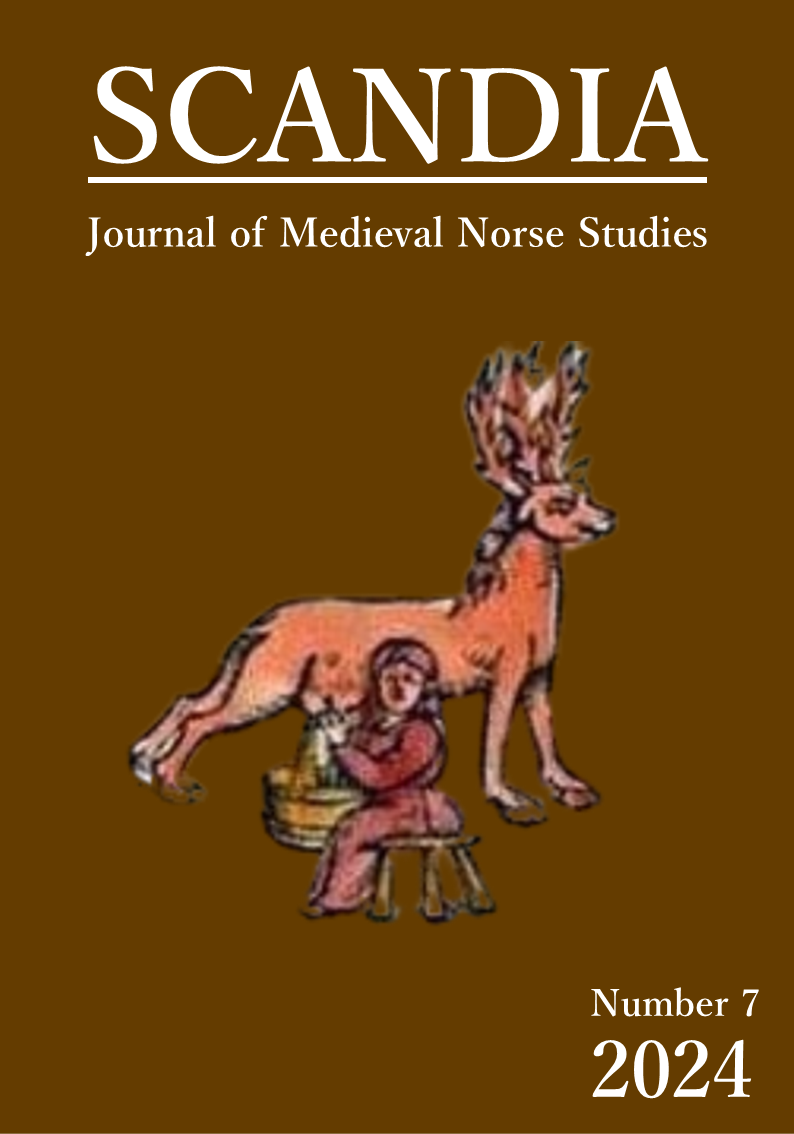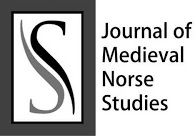A moeda, a cruz e a espada: as cidades de Birka e Sigtuna e o processo de Unificação da Suécia Medieval
Resumo
As an introduction, the article discusses the situation in Sweden between 800 and 1500 AD. In this context, the growth of trade and contacts with Europe and the Near East spurred early urbanization in the region. Thus, a connection can be drawn between the founding of cities in medieval Sweden and the process of forming the local kingdom. We will analyze three cases: Birka—the first of these cities—as well as Old Uppsala and Sigtuna. It was thus possible to conclude that the formation of the Swedish kingdom was gradual and fragmented, resulting from complex processes that included the establishment of Christianity and the development of political institutions. Christianity influenced the power structure in Sweden, strengthening the king and changing urban organization with churches and castles. The competition among Denmark, Norway, and Sweden shaped the local monarchies. By the 13th century, a now Christianized Sweden had formalized the election of kings and established taxes and permanent royal councils, distinguishing the clergy and aristocracy as distinct classes. The city, therefore, emerged as the political and cultural center of medieval Sweden. At the same time, Swedish expansion was marked by Christian crusades against "pagans" in the Baltic region, which also facilitated the incorporation (colonization) of Finland and Norrland into the Swedish dominance.
Downloads
Downloads
Publicado
Edição
Seção
Licença
O(s) autor(es) do original apresentado se compromete(m) a cumprir o que se segue:
- Todos os autores responsabilizam-se publicamente por ele.
- Os autores afirmam que este original é de sua autoria e que assumem integral responsabilidade diante de terceiros, quer de natureza moral ou patrimonial, em razão de seu conteúdo, declarando desde já que a obra não infringe quaisquer direitos de propriedade intelectual de terceiros.
- O(s) autor(es) concordam em ceder os direitos autorais do original à Revista Scandia, à qual concedem permissão para sua reprodução, edição e publicação on-line.
- O(s) autor(es) outorgam seus direitos autorais de seu original à Revista Scandia, licendiado sob a Criative Commons Attribution License, que permite o compartilhamento deste trabalho com o reconhecimento de sua autoria.
- O(s) autor(es) têm permissão e são estimulados a citar e distribuir seu original.



